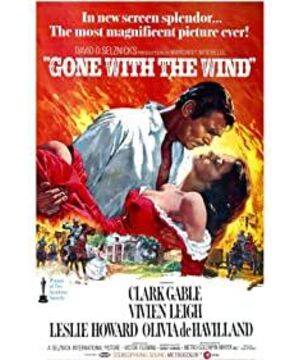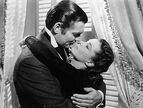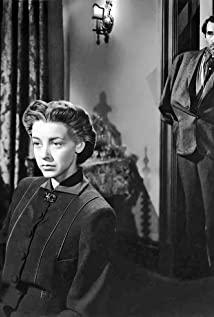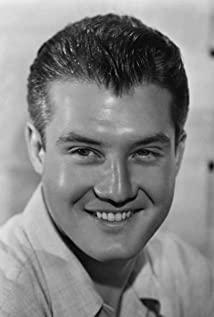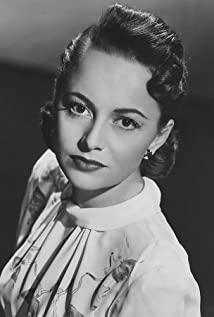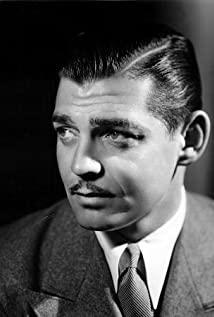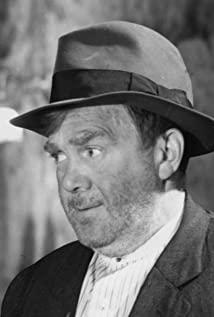Hu said that someone in Britain said in a poem, "After the grand feast, I burst into tears." After watching this shocking and traumatic blockbuster, I was shocked by some of the plots and was deeply moved, especially when I saw it. After Fang Ni jumped to death, Barrett and Scarlett were typical and unique, unforgettable and with human weakness-complex and unintelligent, beautiful and self-defeating love conflict, could not help but burst into tears. .
From my liking, I am "amazing" with the heroine, admiring her personality and admiring her realism and ability. However, in love, she is tragic. As far as "plot" is concerned, I don't mean to say that tragedy is not beautiful, or that the heroine must be "reasonable". I mean, the heroine is as complicated and foolish in love as the whole of humanity is - wishful thinking to "love" a person while "angelizing" that person for this actually ordinary , Some are still mediocre, some are even "flowers of evil", self-made idols are persistent, obsessed, endlessly sad, and very noble. . . . . .
Because it is a discussion issue, it should also be viewed from the "utilitarian" value of love-----it should be said that love has value demands in this respect----for example, this love should not hurt yourself too much, and don't treat you to others. Satisfaction in this aspect can be very damaging, and should even be beneficial rather than detrimental to your life in general. If we do not separate the aesthetics of love from the utility of love, or speak from an aesthetic point of view, we will always have no choice but to "acknowledge" and never have a "conclusion".
——From the perspective of the value and utility of this love, Scarlett has a lot of obsessions, which is not desirable.
——Assuming that Scarlett can recognize the goodness of Barrett and enjoy it quietly in the gentle and rich village that Barrett loves and created for her, then, what kind of Scarlett should Scarlett be?
Perhaps, my hypothesis, is meaningless in the character-building of literary creations—that is, against the principle of "the one". Not only the literary image is like this, but also the "person", "this one" is "this one", if some things\change some things, "he (she)" is not "he (she)".
But whether it is a literary image or a "person", apart from aesthetic meaning, is there no utilitarian standard?
—If so, what higher and highest rule should they obey?
Speaking of Barrett, I like him very much! He is so knowledgeable, free and easy, capable, and his love is so focused, deep, passionate, majestic and heart-wrenching; he can fall in love and cut it off, and he is the most beautiful man.
Clark Gable's performance is superb; Vivien Leigh's performance is irreplaceable.
Even if the sequel "Scarlett" is produced by 6 billion people around the world, it may be another matter. -----Real works of art cannot be continued!
View more about Gone with the Wind reviews


